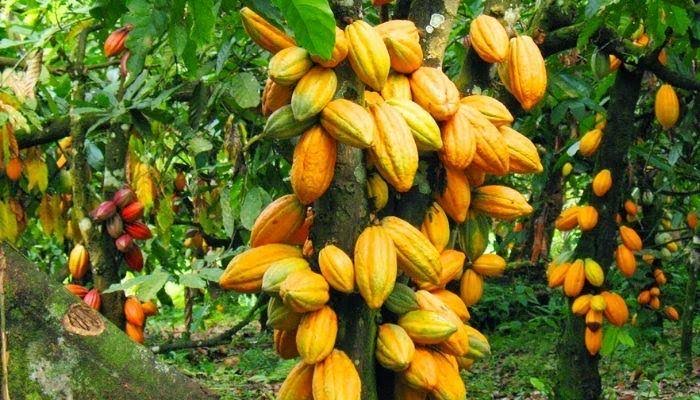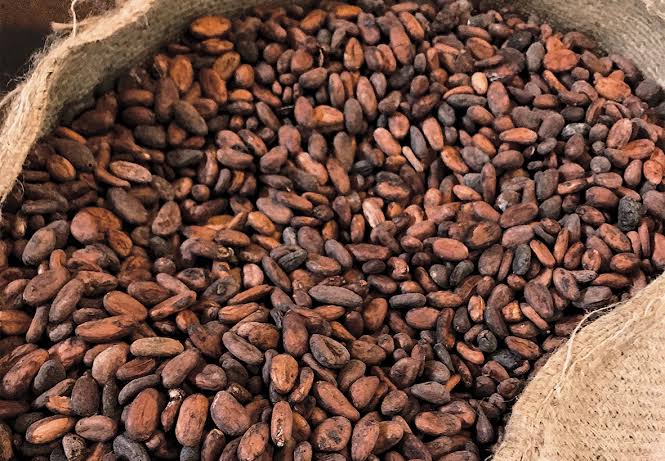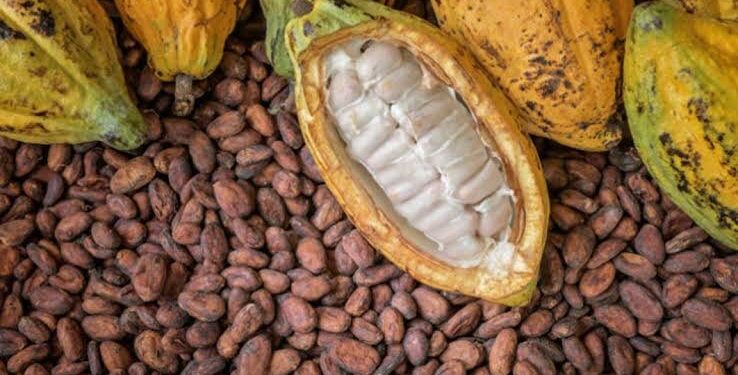Despite the export initiative of the Federal Government of Nigeria, worsening macroeconomic challenges have caused the operation of Nigeria’s only five remaining cocoa processing plants to collapse to 8 percent of the industry’s installed capacity.
Of a once-thriving industry consisting of 15 cocoa processing plants with a total installed capacity of 250,000 tonnes, only five plants with a total utilization capacity of 20,000 tonnes per annum are currently operational.
A combination of high energy costs, multiple taxation, farmers’ preference to sell cocoa beans to traders offering higher prices than processors, and a tough business environment make exports unattractive for Nigeria’s remaining cocoa processing plants to provide the demand for butter, cake, and powder.
“The situation is so difficult and challenging for cocoa processors in Nigeria that we need to declare a state of emergency in the sector,” Felix Oladunjoy, president of the Cocoa Processors Association of Nigeria (COPAN), told a press conference on Tuesday.
“We need about five times the working capital used last year to secure key inputs now, coupled with other rising costs associated with production,” he added.

According to him, the harsh operating conditions in the country have forced some cocoa processors to suspend operations while the few that are still operating are being forced to operate below their installed production capacity.
He noted that the bankruptcy of some cocoa processors has tied up over 500 billion naira in investments in machinery for the industry, adding that the situation in the industry will worsen once the National Food Agency and Drug Administration gets approval from the government.
The National Agency for Food and Drug Administration and Control (NAFDAC) has proposed export controls for 2024.
“Cocoa processors are being strangled through various policies and now NAFDAC is coming with another sword,” Oladunjoye noted.
The COPAN chairman noted that the proposed NAFDAC export controls for 2024 are a total duplication of efforts and mandates of other government agencies and said the resulting impact would be multiple taxation, delivery delays leading to international defaults, heavy penalties on exporters, and loss of jobs.
The cocoa processing industry in Africa’s most populous country is heavily in debt. COPAN put the debt burden at more than 50 billion naira in 2017.
“The current economic challenges are hitting Nigeria’s cocoa processing industry hard. We spend over 30 percent of our production costs on power alone,” said Sunday Bamikole, managing director of Premium Cocoa Products Limited says Sunday Bamikore, Managing Director, Premium Cocoa Products Limited.
Bamikore said high production costs make Nigerian processors less competitive than those in Ghana and Côte d’Ivoire.
According to him, the proposed export restrictions would further weaken exporters as NAFDAC lacks the infrastructure and human resources to manage Nigeria’s numerous export trades through sea and airport routes.
He noted that exchange rate imperfections would be further adversely affected under the law.
Despite the potential for Nigeria’s cocoa industry to diversify into agriculture and generate exponential benefits through revenue, employment, and other spin-offs, the country has yet to fully utilize its production.
With the rapid growth and expansion of chocolate confectionery and other products, cocoa remains one of the fastest-selling and most popular agricultural commodities in the international market, yet it remains ignored by the Nigerian government.

The government has repeatedly stressed over the years that the development of cocoa cultivation and processing, the single most important and largest foreign exchange earner for the continent’s largest economy since the discovery of oil, is a priority.
Nevertheless, value addition has declined, with the country receding to the fourth largest cocoa producer and supplier in the world, with a production of 340,163 tonnes in the 2021/2022 season.
This was revealed by the latest data from the International Cocoa Organization (ICCO) on global production. According to data from the National Bureau of Statistics (NBS), Nigeria exported a record 408.66 billion naira of cocoa beans in the first three months of the year, driven by rising global commodity prices in the first half of the year.
This represents an increase of 279 percent compared to the 107.59 billion naira recorded in the first three months of the year.
“In 2022, the average working capital in the industry for a cycle is N20 million but today we need N140 million per cycle,” Bamikole said.
“There is no bank in the country today that can finance that for any processor,” he noted, stressing that exporters currently receive 1.54 million naira per consignment of exported cocoa beans and 3.5 million naira for butter and alcohol per consignment, in addition to shipping costs.
































